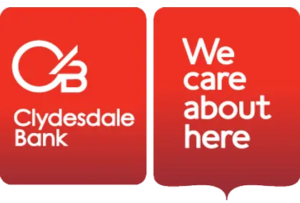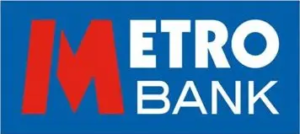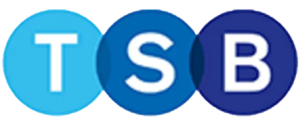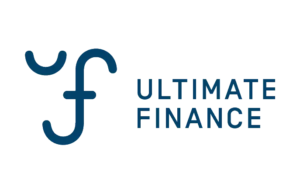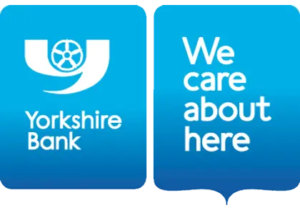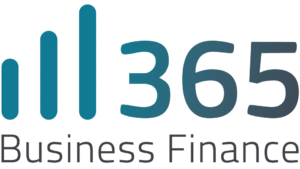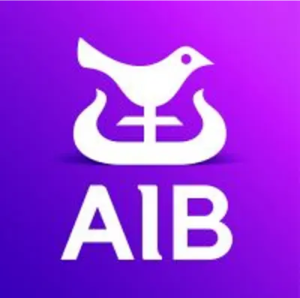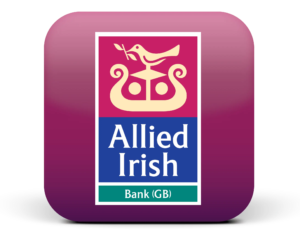
Property Assets Not Required
In today’s fast-paced business environment, securing the right financing can be a critical factor in the success or failure of a venture. While traditional loans often require property assets as collateral, not all businesses have such assets to offer. Fortunately, there are various alternative financing options available that do not require property security. This blog aims to explore some of these options, such as Invoice Financing, Merchant Cash Advances, Unsecured Business Loans, Business Credit Cards, and Invoice Splitting, to help you make an informed decision tailored to your business needs..
Invoice Finance: A Potential Tool For Cash Flow Management
Invoice finance is a versatile tool, especially for B2B businesses. It comes in various forms: invoice factoring, where a third party takes on your unpaid invoices; invoice discounting, which allows you to borrow against unpaid invoices while retaining control over collections; and selective invoice finance for even greater flexibility. This method turns unpaid invoices into immediate capital, enabling businesses to manage cash flow, take on new projects, and negotiate better terms with suppliers.
For expanding businesses, the facility can grow in tandem with your debtor book, providing a scalable solution that adapts to your needs. Invoice finance is particularly beneficial for industries like construction, recruitment, manufacturing, logistics, and wholesale & distribution. Cash flow can be erratic due to various factors such as payment delays, seasonal fluctuations, and high operational costs.
It’s also an excellent fit for businesses in expansion phases, as the financing facility can scale with the growth of your debtor book. To navigate these complexities and ensure it’s the right fit, it’s highly advisable to consult an Independent commercial finance specialist like Fit To Lend.
Merchant Cash Advances: A Double-Edged Sword
Merchant Cash Advances (MCAs) offer a quick and flexible financing option, particularly for businesses with strong credit card sales. Unlike traditional loans, MCAs provide a lump sum upfront in exchange for a percentage of daily credit card sales plus a fee. This structure allows businesses to have repayments that align with their revenue, making it easier to manage cash flow during lean periods.
However, the convenience comes at a cost. MCAs often have higher fees and shorter repayment terms compared to other financing options. This can lead to a cycle of debt if not managed carefully, especially for businesses with fluctuating sales. It’s crucial to understand the total cost of the advance, including fees and the daily repayment percentage, to assess its impact on your business’s financial health.
Given the costs and repayment structure, MCAs are best suited for businesses with consistent high-volume credit card sales, such as retail and hospitality. For those considering this option, it’s prudent to consult an Independent commercial finance specialist like Fit To Lend to evaluate its suitability and potential impact on your business.
Unsecured Business Loans: Freedom with Responsibility
Unsecured business loans offer a straightforward way to access capital without the need for collateral. These loans are generally approved based on the creditworthiness of the business and its owners, making the application process quicker and less cumbersome than secured loans. The funds can be used for a variety of purposes, from working capital to business expansion, giving businesses the freedom to allocate resources as they see fit.
However, this freedom comes with responsibility. Unsecured loans often have higher interest rates and shorter repayment terms to compensate for the lender’s increased risk. Therefore, it’s essential to have a clear plan for how the funds will be used and a strategy for repayment. Failing to meet repayment obligations can severely impact your business’s credit rating and future borrowing ability.
Given the higher costs and financial responsibilities involved, unsecured business loans are best suited for businesses with strong credit profiles and a stable income. They are particularly useful for service-based businesses or those without substantial assets. To ensure this financing option aligns with your business objectives and financial capabilities, it’s advisable to consult an Independent commercial finance specialist like Fit To Lend.
Business Credit Cards: Not Just for Expenses
Business credit cards offer a convenient way to manage short-term expenses and cash flow. Unlike other financing options, they provide the flexibility to cover costs as they arise, from office supplies to travel expenses. Many cards also come with rewards programs, cashback offers, and other perks that can add value to your business operations.
However, the ease of swiping a card should not overshadow the financial responsibilities involved. Business credit cards often come with high interest rates, especially if the balance is not paid off in full each month. Additionally, misuse or failure to manage the card responsibly can negatively impact your business’s credit score, affecting future financing options.
Business credit cards are particularly useful for small businesses and startups that may not have access to other types of financing. They can also serve as a stepping stone to more substantial forms of credit as the business grows. Given the potential risks and benefits, it’s advisable to consult an Independent commercial finance specialist like Fit To Lend to determine if a business credit card is the right option for your financial needs.
Invoice Splitting: A Flexible Finance Solution Tailored to Your Needs
Invoice splitting is a unique form of flexible finance that allows businesses to manage their cash flow more effectively. This solution enables companies to divide their bills into equal instalments over periods of 3, 6, 9, or 12 months. A single monthly subscription fee is charged alongside the repayment of the capital, offering a transparent and straightforward cost structure. This flat fee varies depending on the chosen repayment term, providing businesses with the flexibility to select an option that best suits their financial situation.
The advantage of invoice splitting is its adaptability to changing business needs. It allows companies to free up capital for other ventures or operational costs without the burden of a lump-sum payment. However, it’s crucial to understand the total cost of this financing option, including the monthly subscription fees, to ensure it aligns with your business’s financial capabilities.
Given the unique features and benefits of invoice splitting, it’s particularly well-suited for businesses with fluctuating revenue streams or those in growth phases where financial needs can change rapidly. To navigate the complexities of this tailored finance solution, it’s advisable to consult an Independent commercial finance specialist like Fit To Lend.
Fit To Lend: Specialist in Commercial Finance, offering advice, support, and a comprehensive range of solutions.
Navigating the myriad of financing options available can be a complex task, especially for businesses without property assets to offer as security. Whether you’re looking for the flexibility of Invoice Financing, the quick capital of a Merchant Cash Advance, the freedom of an Unsecured Business Loan, the convenience of a Business Credit Card, or the tailored approach of Invoice Splitting, each option comes with its own set of benefits and responsibilities. Given the complexities involved in choosing the right financing solution, it’s highly advisable to consult an Independent commercial finance specialist like Fit To Lend. With expert guidance, you can secure the financing that best suits your business needs, enabling you to focus on what you do best—running your business.
News, Views and Finance Clues







